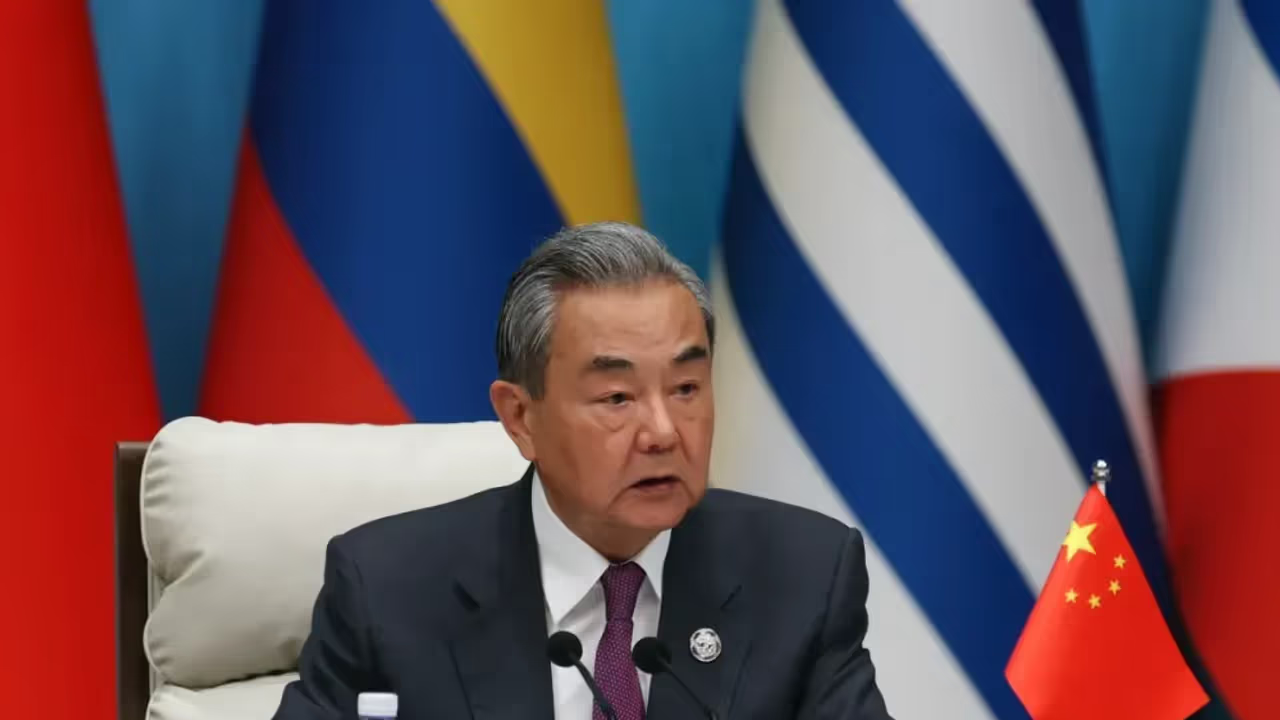Wang underlined the need for the U.S. to meet China halfway to implement the consensus reached between the U.S. President Donald Trump and his Chinese counterpart Xi Jinping during their phone call in January.
China has reiterated its concerns over the U.S. reneging on the Geneva preliminary trade deal struck between the countries.

While welcoming David Perdue as the new U.S. ambassador to China, Chinese Foreign Minister Wang Yi reportedly said, “It is regrettable that the United States has since introduced a series of negative measures for groundless reasons, infringing upon China's legitimate rights and interests. China firmly opposes such actions.”
Wang is also a member of the Political Bureau of the Communist Party of China Central Committee.
China’s official Xinhua news agency reported that Wang underlined the need for the U.S. to meet China halfway to implement the consensus reached between U.S. President Donald Trump and his Chinese counterpart Xi Jinping during their phone call in January.
He also stressed the need to create “necessary conditions for the return of bilateral relations to the right track.”
Perdue agreed with Wang and said, “It is very important for the two heads of state to maintain positive and constructive exchanges.” He also expressed his willingness to maintain close communication with the Chinese side in the spirit of mutual respect and attentive dialogue.
Meanwhile, Perdue said in a post on X that in the meeting with Wang, he emphasized President Trump's priorities on trade, fentanyl, and illegal immigration.
Beijing’s escalation of the trade deal violation comes after a Chinese Commerce Department official alleged earlier this week that the U.S. introduced several restrictive measures against the country, seriously violating the consensus the two heads of state reached on Jan. 17.
President Trump had claimed in a Truth Social post last Friday that China “TOTALLY VIOLATED ITS AGREEMENT WITH US,” referring to the Geneva bilateral agreement struck in mid-May that suspended most tariffs imposed against each other.
The SPDR S&P 500 ETF (SPY) is up 2% for the year, and the iShares MSCI China ETF (MCHI) has gained about 15%.
For updates and corrections, email newsroom[at]stocktwits[dot]com.<
